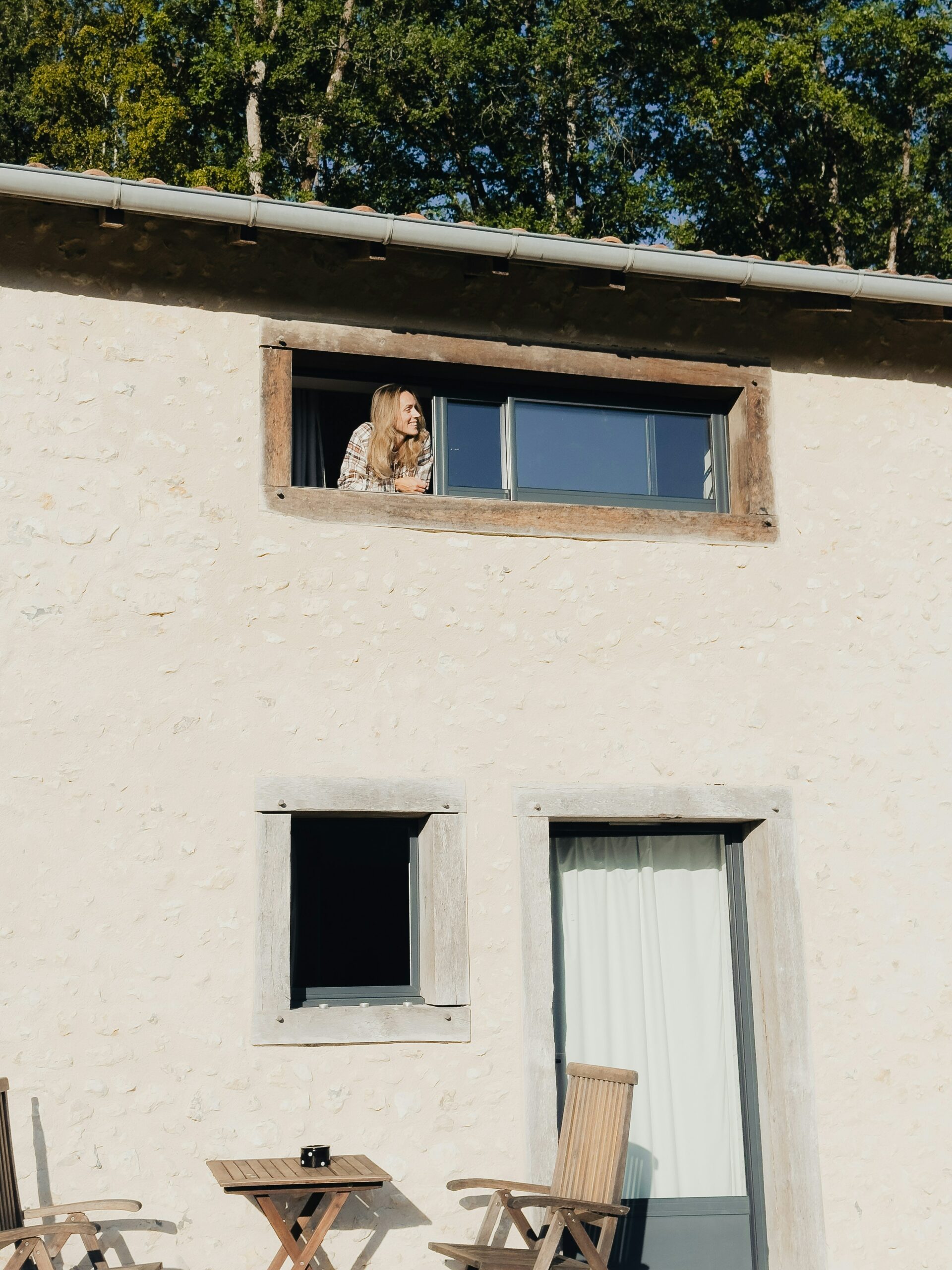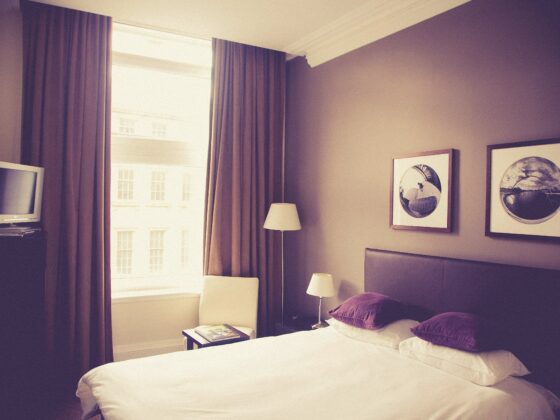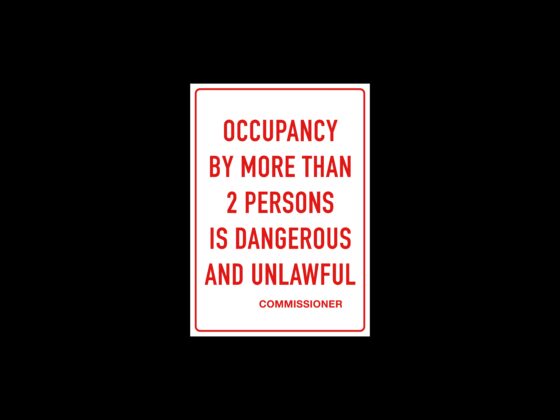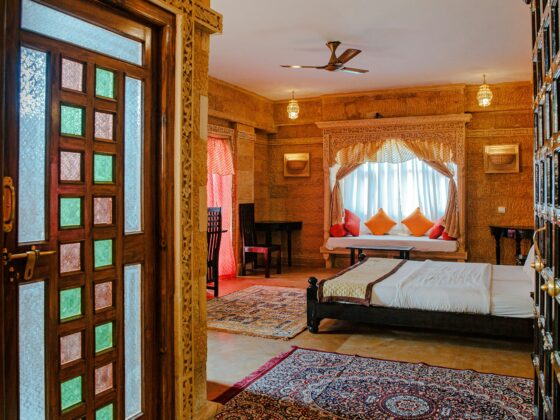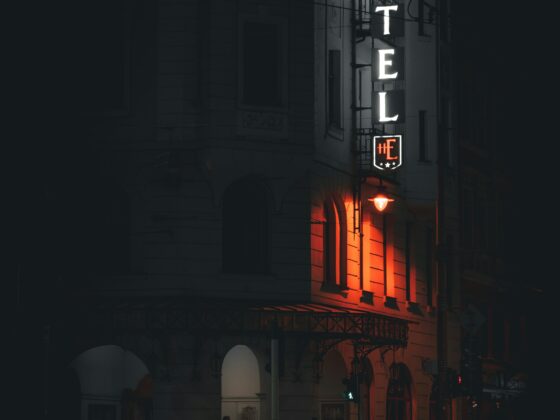In a constantly changing market, Xavier Desaulles, CEO of Adagio, reviews the 2024 results, the outlook for 2025, and unveils the ambitions of the recently unveiled FIRST 2030 strategic plan. An essential focus on the controlled growth and responsible transition of a key player in the apartment-hotel sector, with the ambition of reaffirming its European leadership.
What would you say about Adagio’s performance in 2024 and the first half of 2025?
Xavier Desaulles: One word: rollercoaster. It’s no surprise, but I can confirm that we went into 2024 very confident, thinking that this year would be a continuation of 2023. This has not turned out to be the case.
The first quarter was fairly buoyant, but as we are very exposed to the Île-de-France region, and Paris in particular, we were heavily impacted by the eviction measures before and after the Olympic Games.
For us, the Olympic Games were a real demonstration of the capacity of the Adagio teams to welcome guests, as we were integrated into the Accor group, of which we own 50%. This enabled us to prove our expertise, which is very positive.
However, the natural business around the Games, both before and after, was more complicated. Nevertheless, we saw a recovery in the usual trends from mid-October to early November, which enabled us to finish the year well. All in all, sales for 2024 were more or less stable compared with 2023, which is quite satisfactory.
For us, January, February and March correspond to a low season. We returned to normal occupancy rates at the start of the year, at around 72% to 75% across the network, with RevPAR stable overall, which is not the case for all our competitors. Many of them are lowering their prices in search of occupancy. We have adjusted our prices, but they remain in line with those of last year, which testifies to the solidity of our brand and the value of our offering.
We approach each month with caution, observing two key phenomena. The first is a very marked narrowing of the booking window. Our customers are now committing to 7-day bookings, sometimes more than 45 days, but this is still rare. In general, the majority of bookings are made within this short period. This means that we start the month with occupancy rates of around 60%, and then the last 20% of bookings materialise as the weeks go by. This dynamic is very clear.
The second phenomenon is a significant reduction in the average length of stay. Our business, apartment hotels, differs from traditional hotels in that the average length of stay is around twice as long. With our competitors (Ibis, Novotel, B&B HOTELS), customers stay an average of 1.6 nights, while with us the average is 3.5 nights, i.e. twice as long.
However, this length of stay has fallen since the pre-COVID period, when it exceeded 4 nights. This erosion is a cause for concern, and we are working to adapt our operating model by targeting customer segments that stay longer.
However, we are seeing a protection of the travel budget. Households, faced with different priorities (food, clothing, education, travel), seem to be preserving their holiday budget, which is good news. Taking holidays is now part of people’s way of thinking, and this is helping to shape our market.
Can you describe the main thrusts and objectives of your FIRST 2030 plan?
Xavier Desaulles: We are very enthusiastic and proud of this plan, driven by a committed management team and supported by our two shareholders, Accor and the Pierre & Vacances Group.
The first observation is that the aparthotel sector is a buoyant, often little-known sector that is growing faster than the traditional hotel industry. It’s a fragmented market, dominated by national champions.
Adagio is a nugget built organically, a leader in the European market, a strategic position that should be emphasised. On the strength of this observation and the good performance of the last three years, we have given thought to our medium-term organisation, not over three, but over five years.
The plan is called FIRST 2030, and it embodies our leadership and our ambition to assert our role as pan-European leader in the segment. This means that we want to become the first point of reference for travellers looking for medium-stay accommodation, by strengthening our brand awareness, a key criterion.
Our ambition is for the brand to be preferred, whether to Airbnb, Citadines or our competitors, and to achieve this we are focusing on perceived quality, measured in particular by the Net Promoter Score (NPS), a recognised indicator. By 2030, we are aiming to have an NPS in the top quartile of the industry, at around 60, which is concrete proof of customer satisfaction and the promised experience.
The second stakeholder identified is that of partners, particularly investors. Being the benchmark means offering a solid track record in economic performance, proposing proven designs for private and communal areas, and demonstrating that Adagio is the number one solution for franchisees or apartment-hotel managers.
We are also capable of taking over leases on strategic sites. Our aim is to expand the network from 130 establishments today to 180 by 2030. This “pure player” model is popular and has proved its worth. This development would represent a potential business volume of 700 million euros, which is substantial.
The third stakeholder is our shareholders. They entrust us with their assets (Pierre & Vacances group) and we benefit from Accor’s tools (All programme). We have to deliver a solid economic performance, with EBITDA in excess of 15% of sales, the benchmark for the hotel sector.
Finally, the last fundamental pillar: our employees. Our business is hospitality, and we have a very special way of doing it: our staff build close relationships with our customers, because they stay with us for longer, unlike in the traditional hotel industry, where stays are short.
We have strong ambitions in terms of training and internal mobility, and we want to promote this commitment with a ‘Great Place to Work’ label. Our employees are proud and challenged.
Another key point is our commitment to CSR, embodied in our major drive for ecological transition. We have set ourselves some ambitious targets, notably that 100% of our sites should be awarded the Green Key label. We are also developing demanding partnerships to embody this trajectory. This FIRST plan is ambitious and inspiring.
What other actions or strategies are you implementing to drive this sustainable transition?
Xavier Desaulles: Our ambition is based on three pillars, the first of which is environmental, with the pursuit of energy sobriety. By 2022-2023, we have reduced our energy consumption by 15%. As far as water is concerned, simple measures such as replacing mixer taps and showerheads have enabled us to save 7 litres per visitor by 2024. Future gains will be more difficult to achieve, but we are making real progress. The next stage is a full carbon audit of all three scopes, to be completed in June, which will guide our actions.
The second pillar is local, with the strengthening of long-standing partnerships, in particular with demanding companies, to continue to build sustainable collaborations.
The final pillar is social, with Green Key certification, as well as the “Accueil Vélo” label. We are the first chain in Paris to be awarded this label. This implies appropriate infrastructure: bike parking, washing, secure access, which is more complex in the city. Today, 16 establishments have the label, and we aim to double that number quickly.
In addition, we are taking collective action by working on the quality of work, skills sponsorship, and in partnership with local associations such as ‘Un petit bagage d’amour’ and ‘SOS Préma’. It’s a clear and optimistic ambition.
Despite a context marked by many pessimistic factors, we want to inspire a positive vision of the city and our profession. Adagio is a sunny brand, which should bring calm and joy to cities that are sometimes perceived as conflict-ridden. Our raison d’être is to make urban life more beautiful.
Which markets are you targeting as a priority for this ambitious expansion? Are you planning to enter new markets?
Xavier Desaulles: Strategically, we are concentrating on our traditional markets, in particular France (excluding the Île-de-France region), where we have a strong presence, as well as the UK and Germany, our two other mainstays.
At the same time, we recently announced the opening of a fourth establishment in London (London City East), bringing the number of hotels we operate in England to 4. We will also be opening in Stuttgart in July.
We do not yet have a presence in Southern Europe, but we intend to develop our network there, particularly in Italy (beyond the single site in Rome), Portugal, Spain and Eastern Europe, with the support of our shareholder Accor. These three zones – Legacy (historic Western Europe), Eastern Europe and Southern Europe – form the axes of our development.

![]()

